Posted on Facebook 4/29
Three all-American guys are giving us a big present this week: a brand new all-American trumpet concerto! Composer Steve Heitzeg, MN Orchestra trumpet Charles Lazarus, and MN Orchestra Board member Paul Grangaard (who commissioned the piece) collaborated on “American Nomad” – read all about it in Pamela Espeland’s MinnPost column: http://www.minnpost.com/artscape/2015/04/minnesota-orchestra-premiere-american-nomad-trumpet-concerto
Then watch Charles Lazarus tell (and demonstrate!) a little more about the piece in this short video: https://www.facebook.com/minnesotaorchestra/videos/vb.54292558044/10152784009068045/?&theater
Then click here for more info and tickets to Thursday morning’s or Friday evening’s concert: https://www.minnesotaorchestra.org/buy/tickets/browse-calendar/eventdetail/383/-/bernstein-and-copland#.VTMKByFViko
A big SOSMN thank you to Steve, Charles and Paul. We can hardly wait to hear the result of your collaboration!
Three all-American guys are giving us a big present this week: a brand new all-American trumpet concerto! Composer Steve Heitzeg, MN Orchestra trumpet Charles Lazarus, and MN Orchestra Board member Paul Grangaard (who commissioned the piece) collaborated on “American Nomad” – read all about it in Pamela Espeland’s MinnPost column: http://www.minnpost.com/artscape/2015/04/minnesota-orchestra-premiere-american-nomad-trumpet-concerto
Then watch Charles Lazarus tell (and demonstrate!) a little more about the piece in this short video: https://www.facebook.com/minnesotaorchestra/videos/vb.54292558044/10152784009068045/?&theater
Then click here for more info and tickets to Thursday morning’s or Friday evening’s concert: https://www.minnesotaorchestra.org/buy/tickets/browse-calendar/eventdetail/383/-/bernstein-and-copland#.VTMKByFViko
A big SOSMN thank you to Steve, Charles and Paul. We can hardly wait to hear the result of your collaboration!
Posted on Facebook 4/28
Burt Hara. The Copland Clarinet Concerto. This Thursday & Friday. Need we say any more?
Well, perhaps just a little! Former MN Orchestra Principal Clarinet Burt Hara brings his spectacular silky mellifluous sound back to the Twin Cities (from Los Angeles, where he now plays with the LA Philharmonic) to perform the gorgeous Copland concerto in this concert of American music.
If you are new to the Twin Cities, trust us – you want to hear Burt!
If you’ve been around a while, we know that you love Burt – come and show him how much you miss him!
A few tickets remain. Get them here: https://www.minnesotaorchestra.org/buy/tickets/browse-calendar/eventdetail/383/-/bernstein-and-copland#.VTMKByFViko or by calling the box office at 612.371.5656
Burt Hara. The Copland Clarinet Concerto. This Thursday & Friday. Need we say any more?
Well, perhaps just a little! Former MN Orchestra Principal Clarinet Burt Hara brings his spectacular silky mellifluous sound back to the Twin Cities (from Los Angeles, where he now plays with the LA Philharmonic) to perform the gorgeous Copland concerto in this concert of American music.
If you are new to the Twin Cities, trust us – you want to hear Burt!
If you’ve been around a while, we know that you love Burt – come and show him how much you miss him!
A few tickets remain. Get them here: https://www.minnesotaorchestra.org/buy/tickets/browse-calendar/eventdetail/383/-/bernstein-and-copland#.VTMKByFViko or by calling the box office at 612.371.5656
Posted on Facebook 4/26
Critics heaped praise on the MN Orchestra’s March 2012 world premier of Judd Greenstein’s “Acadia.” Hear it again this Thursday and Friday in a program that also includes Bernstein’s “Divertimento,” Heitzeg’s “American Nomad” (a world premier featuring our own Charles Lazarus on trumpet) and Copland’s Clarinet Concerto (featuring our old friend Burt Hara).
William Randall Beard wrote this for the StarTribune three years ago: “At times, [“Acadia”] sounded like a lush, epic film score, sometimes complicated by strong dissonances. But sections composed using modal scales created the feeling of innocent folk music. He could whip the music into a frenzied cacophony, but he always seemed completely in control of the effects he was creating. In the finale, he drew all the elements together into a quiet and very satisfying conclusion.” Read his full review here: http://www.startribune.com/entertainment/music/145405695.html
Rob Hubbard wrote in the PioneerPress: “…he shows off a good storyteller's sense of arc, introducing conflict, letting the sides be heard, then resolving in something triumphal and transcendent.” Read his full review here: http://www.twincities.com/music/ci_20295467/acadia-shows-off-greensteins-triumphant-transcendent-vision
And our friend Emily Hogstad wrote this in her “Song of the Lark” blog: “Certain passages were so clever and so unexpectedly beautiful that I looked around to try to catch someone, anyone’s, eye. ‘Can you believe this?’, I wanted to ask them. ‘Are you feeling what I am? What am I feeling? Because I don’t know – I’ve never felt anything like this before. What do you think?’ But no one else met my glance; rows upon rows of people were totally absorbed, sitting absolutely quietly, concentrating. No coughs, no sneezes, no rustling of programs. It felt as if the very walls were listening.” Read Emily’s whole blog post here: https://songofthelark.wordpress.com/2012/04/03/review-premiere-of-judd-greensteins-acadia-minnesota-orchestra/
You can even listen to a recording of the piece on the composer’s website – just click here: http://www.juddgreenstein.com/works/acadia.html
Then scurry right over to the MN Orchestra’s ticketing system to snap up some of the few remaining seats! https://www.minnesotaorchestra.org/buy/tickets/browse-calendar/eventdetail/383/-/bernstein-and-copland#.VTMKByFViko Or call the box office at 612.371.5656
We hope to see you Thursday morning or Friday night.
Critics heaped praise on the MN Orchestra’s March 2012 world premier of Judd Greenstein’s “Acadia.” Hear it again this Thursday and Friday in a program that also includes Bernstein’s “Divertimento,” Heitzeg’s “American Nomad” (a world premier featuring our own Charles Lazarus on trumpet) and Copland’s Clarinet Concerto (featuring our old friend Burt Hara).
William Randall Beard wrote this for the StarTribune three years ago: “At times, [“Acadia”] sounded like a lush, epic film score, sometimes complicated by strong dissonances. But sections composed using modal scales created the feeling of innocent folk music. He could whip the music into a frenzied cacophony, but he always seemed completely in control of the effects he was creating. In the finale, he drew all the elements together into a quiet and very satisfying conclusion.” Read his full review here: http://www.startribune.com/entertainment/music/145405695.html
Rob Hubbard wrote in the PioneerPress: “…he shows off a good storyteller's sense of arc, introducing conflict, letting the sides be heard, then resolving in something triumphal and transcendent.” Read his full review here: http://www.twincities.com/music/ci_20295467/acadia-shows-off-greensteins-triumphant-transcendent-vision
And our friend Emily Hogstad wrote this in her “Song of the Lark” blog: “Certain passages were so clever and so unexpectedly beautiful that I looked around to try to catch someone, anyone’s, eye. ‘Can you believe this?’, I wanted to ask them. ‘Are you feeling what I am? What am I feeling? Because I don’t know – I’ve never felt anything like this before. What do you think?’ But no one else met my glance; rows upon rows of people were totally absorbed, sitting absolutely quietly, concentrating. No coughs, no sneezes, no rustling of programs. It felt as if the very walls were listening.” Read Emily’s whole blog post here: https://songofthelark.wordpress.com/2012/04/03/review-premiere-of-judd-greensteins-acadia-minnesota-orchestra/
You can even listen to a recording of the piece on the composer’s website – just click here: http://www.juddgreenstein.com/works/acadia.html
Then scurry right over to the MN Orchestra’s ticketing system to snap up some of the few remaining seats! https://www.minnesotaorchestra.org/buy/tickets/browse-calendar/eventdetail/383/-/bernstein-and-copland#.VTMKByFViko Or call the box office at 612.371.5656
We hope to see you Thursday morning or Friday night.
Posted on Facebook 4/19
April 30 – May 1 – familiar and new “American Voices” with our MN Orchestra and some of our favorite soloists. A few tickets remain, so read this intro from Julie Stewart (a member of SOSMN’s leadership team) and then get your tickets here: https://www.minnesotaorchestra.org/buy/tickets/browse-calendar/eventdetail/383/-/bernstein-and-copland#.VTMKByFViko
American Voices: Made in America celebrates (you guessed it!) American music, presenting Aaron Copland’s justifiably famous Clarinet Concerto, a lesser-known but terrific Divertimento by Leonard Bernstein, and two very new works: Steve Heitzeg’s ‘American Nomad’ (a world premiere), written for and featuring the Orchestra’s own Charles Lazarus on trumpet, and Judd Greenstein’s ‘Acadia,’ a work commissioned and premiered by the Minnesota Orchestra in 2012. Burt Hara, the Orchestra’s former principal clarinetist, will be returning from Los Angeles to play the Copland, to a no doubt warm and boisterous welcome from the audience.
Bernstein’s Divertimento starts off sounding a bit like West Side Story but quickly morphs into many other varying moods and sounds, all packed into less than 20 minutes. The Copland is a study of opposites: the haunting, soulful first movement (can any other instrument do haunting and soulful the way a clarinet can?), followed by the jazzy, upbeat and dazzling second movement. The Heitzeg and Greenstein will both be new to my ears, and I can’t wait to hear them.
Throughout the concert, I’ll be listening for what unites all these pieces - what makes them recognizably American? Jazzy rhythms, melodies as simple and sweeping as the prairie sky, a certain informality, a certain optimism, perhaps even a touch of innocence? Whatever it is, join us and you’ll get a chance to judge for yourself in these concerts April 30 – May 1.
April 30 – May 1 – familiar and new “American Voices” with our MN Orchestra and some of our favorite soloists. A few tickets remain, so read this intro from Julie Stewart (a member of SOSMN’s leadership team) and then get your tickets here: https://www.minnesotaorchestra.org/buy/tickets/browse-calendar/eventdetail/383/-/bernstein-and-copland#.VTMKByFViko
American Voices: Made in America celebrates (you guessed it!) American music, presenting Aaron Copland’s justifiably famous Clarinet Concerto, a lesser-known but terrific Divertimento by Leonard Bernstein, and two very new works: Steve Heitzeg’s ‘American Nomad’ (a world premiere), written for and featuring the Orchestra’s own Charles Lazarus on trumpet, and Judd Greenstein’s ‘Acadia,’ a work commissioned and premiered by the Minnesota Orchestra in 2012. Burt Hara, the Orchestra’s former principal clarinetist, will be returning from Los Angeles to play the Copland, to a no doubt warm and boisterous welcome from the audience.
Bernstein’s Divertimento starts off sounding a bit like West Side Story but quickly morphs into many other varying moods and sounds, all packed into less than 20 minutes. The Copland is a study of opposites: the haunting, soulful first movement (can any other instrument do haunting and soulful the way a clarinet can?), followed by the jazzy, upbeat and dazzling second movement. The Heitzeg and Greenstein will both be new to my ears, and I can’t wait to hear them.
Throughout the concert, I’ll be listening for what unites all these pieces - what makes them recognizably American? Jazzy rhythms, melodies as simple and sweeping as the prairie sky, a certain informality, a certain optimism, perhaps even a touch of innocence? Whatever it is, join us and you’ll get a chance to judge for yourself in these concerts April 30 – May 1.


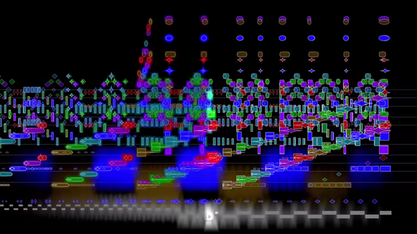
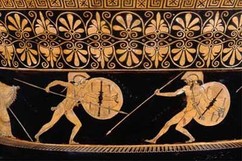

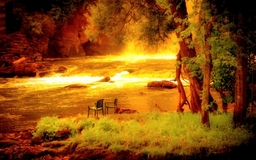
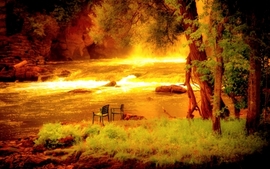
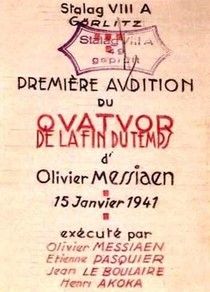
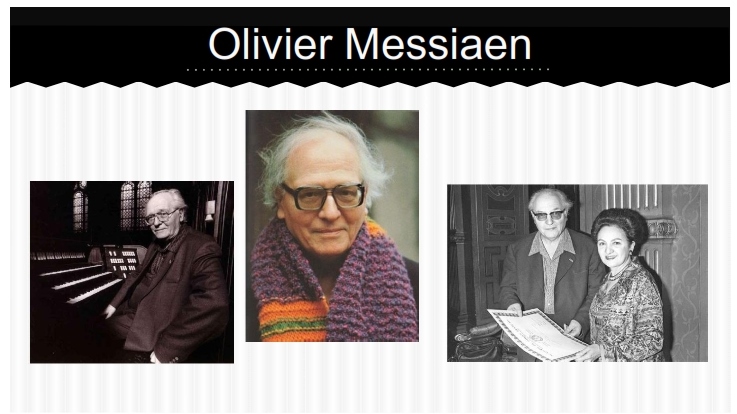
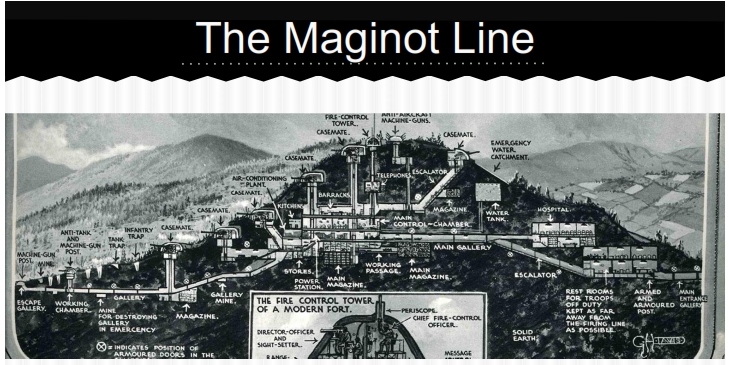
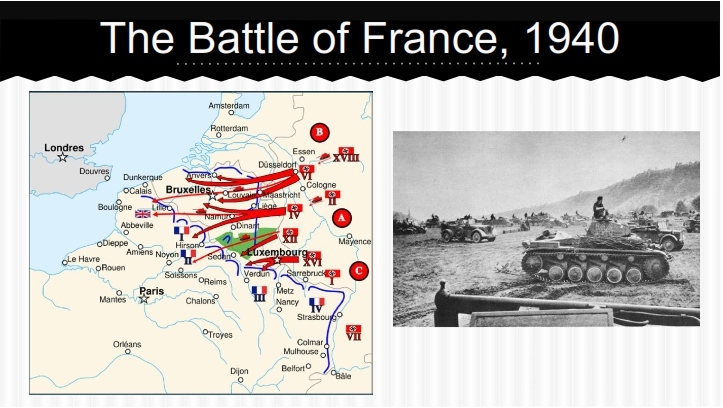
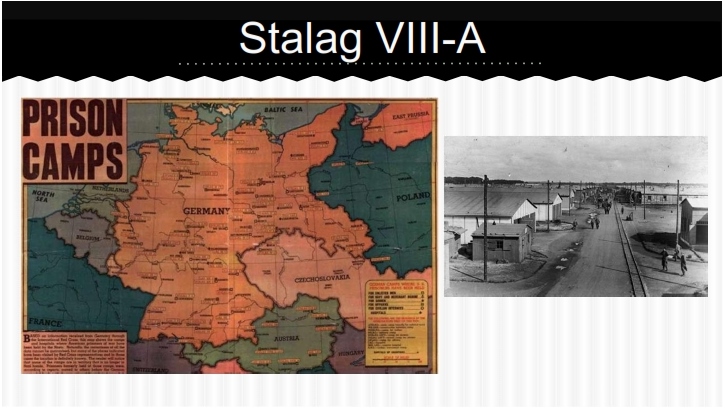
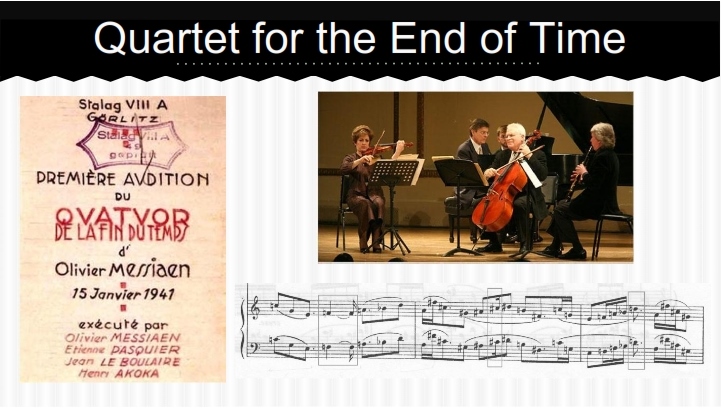
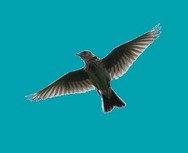
 RSS Feed
RSS Feed